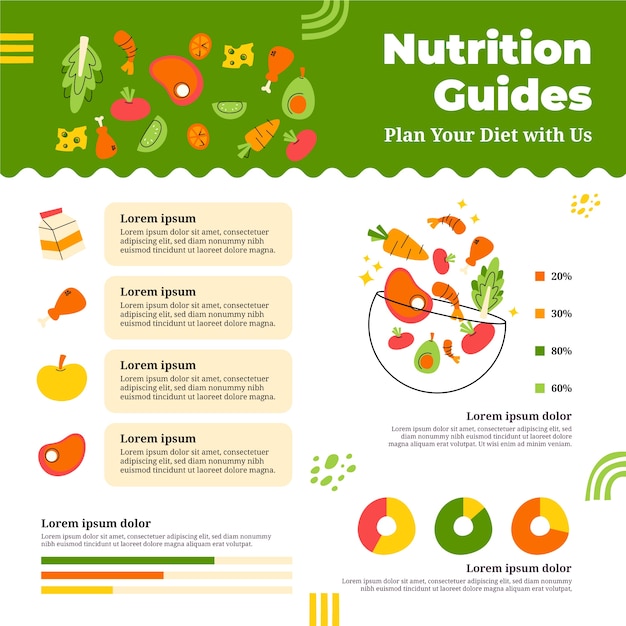
Gastritis can be either sudden (acute) or ongoing (chronic). Acute gastritis starts suddenly and doesn’t last long if the cause is taken away – often this is something that quickly upsets the stomach like drinking a lot of alcohol at once.
On the other hand, if gastritis becomes chronic and isn’t treated, or the cause keeps happening, the symptoms can get worse and may last for a long time, even a person’s whole life. This can lead to the stomach lining wearing thin and causing ulcers, or deep sores in the stomach lining.
Many symptoms of gastritis are similar to an ulcer. However, while gastritis only affects the stomach, ulcers can happen in the stomach, intestines, and food pipe (esophagus). Gastritis can cause discomfort in the upper belly, nausea, indigestion, and in severe cases, vomiting. Some people with gastritis don’t have symptoms.
Ulcers, a severe complication of gastritis, can lead to life-threatening bleeding in the stomach, intestines, or food pipe. This can result in symptoms like feeling lightheaded, weak, rapid heart rate, struggling to breathe, vomiting blood or black, tarry or bleeding stools. If you are experiencing these symptoms it’s important to get medical help straight away.
Several factors increase your risk of getting gastritis, including unhealthy nutrition, substance abuse, smoking, being overweight, excessive alcohol use, and regular use of non-steroidal anti-inflammatory drugs like aspirin, ibuprofen, and naproxen. Cutting down these medicines could help reduce gastritis and stomach ulcers.
Heartburn is common, especially considering the American diet. However, if someone experiences a burning feel in their stomach along with constant pain and nausea, they might have gastritis.
Gastritis, a condition of the digestive system, happens when the stomach lining becomes inflamed. If untreated, it can lead to ulcers, persistent pain, and in some cases, life-threatening bleeding. Chronic inflammation of the stomach can also cause stomach cancer.
A bacteria known as Helicobacter pylori, or H.pylori, is a common cause of gastritis. Symptoms indicating gastritis include a burning sensation, stomach pain, nausea, and frequent burping. Anyone with these symptoms should see a doctor.
Changing your lifestyle can help in healing the stomach lining, preventing the inflammation from coming back, and getting rid of an H. pylori infection. Diets high in salt or fat can change the stomach lining and make it more likely to get infected with H. pylori.
Certain foods can help to kill H. pylori bacteria and alleviate symptoms of gastritis and ulcers. Examples are broccoli and yogurt. Daily consumption of a cup of broccoli sprouts and yogurt with probiotics can aid in gastritis relief.
Other helpful foods include apples, celery, berries, olive oil, honey, and herbal teas. To get the most out of these dietary changes, aim for frequent but smaller meals rather than three big ones. Drinking lots of water and reducing alcohol intake can also help.
Quitting smoking, taking certain dietary supplements like omega-3 fatty acids and probiotics, and reducing stress can also be beneficial in treating gastritis. However, before starting any supplement or vitamin intake, talk to your doctor.
Eating the right foods plays a key role in reducing and eliminating H. pylori bacteria, effectively reducing the risk of gastritis, ulcers, and cancer. While there’s no one-size-fits-all diet, making lifestyle changes and eating the right foods forms an important part of a treatment plan for gastritis.


